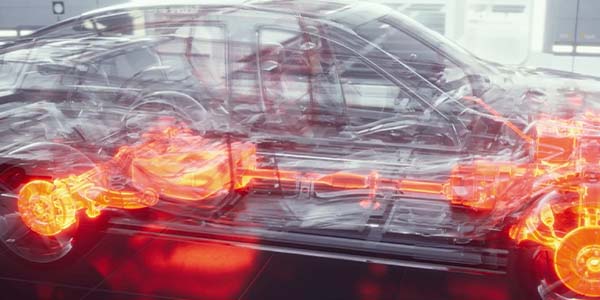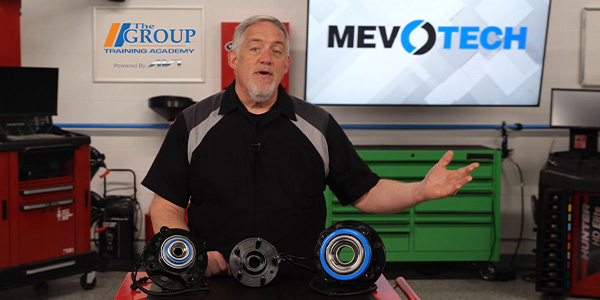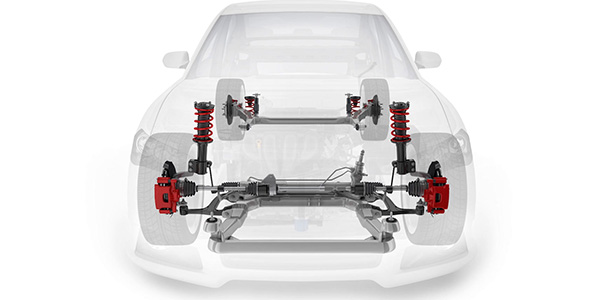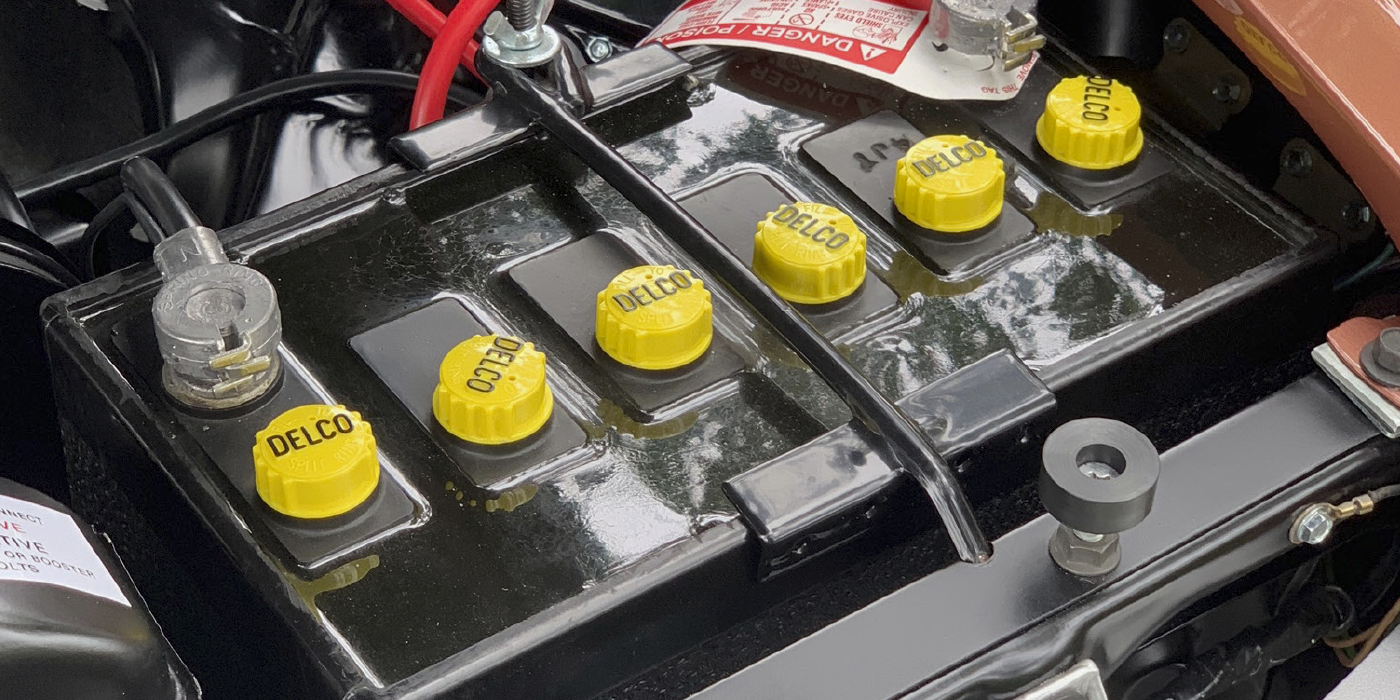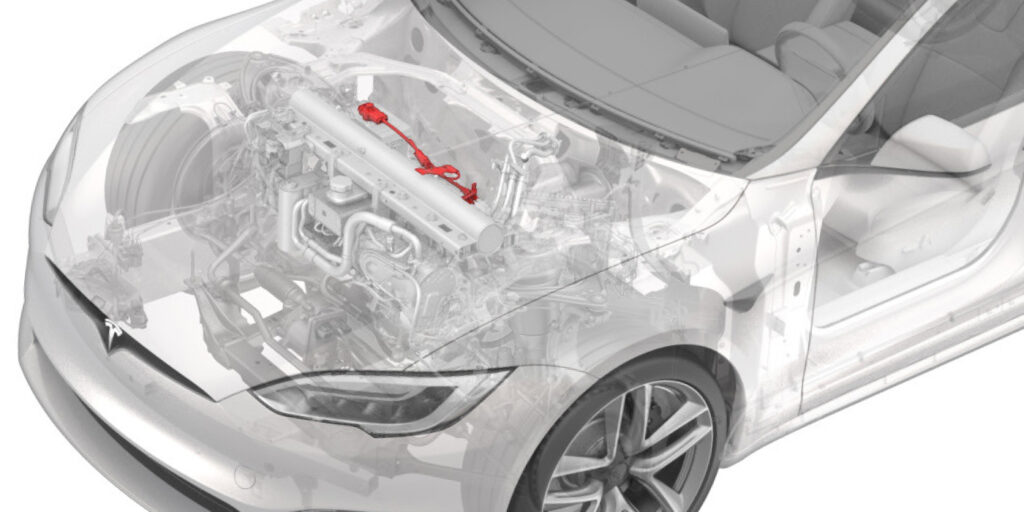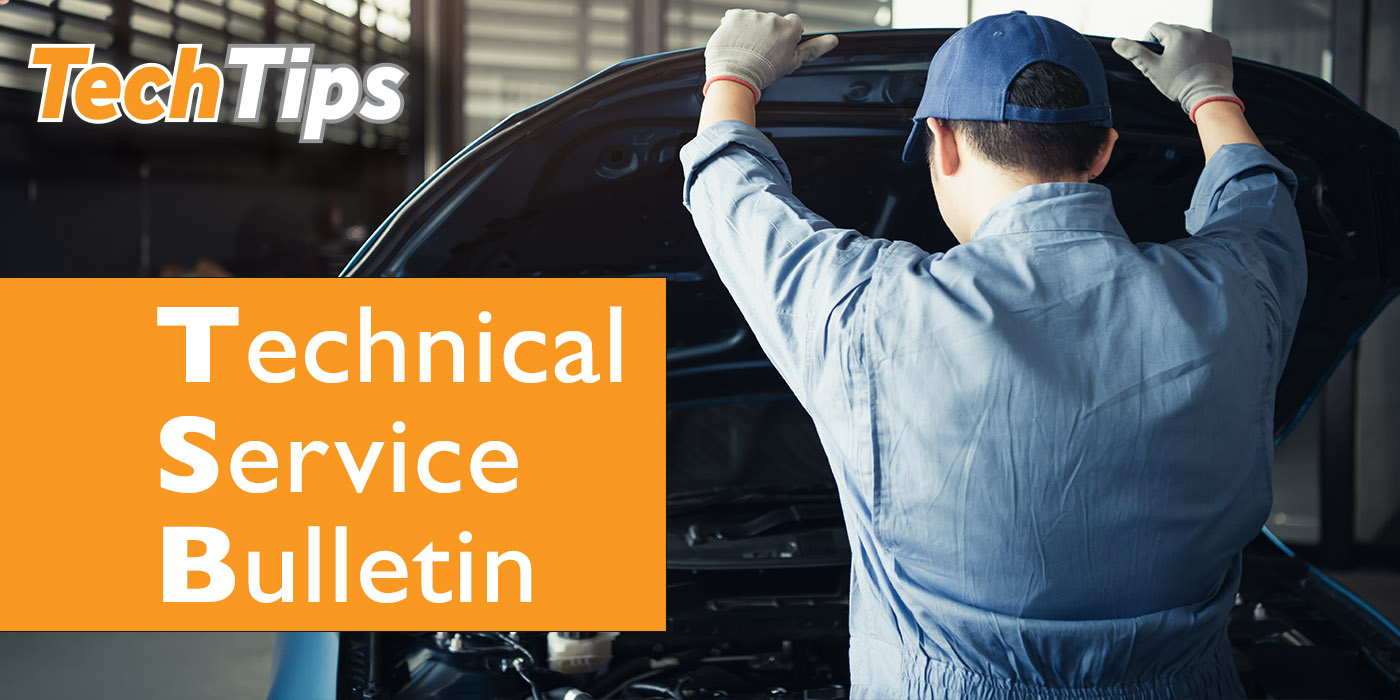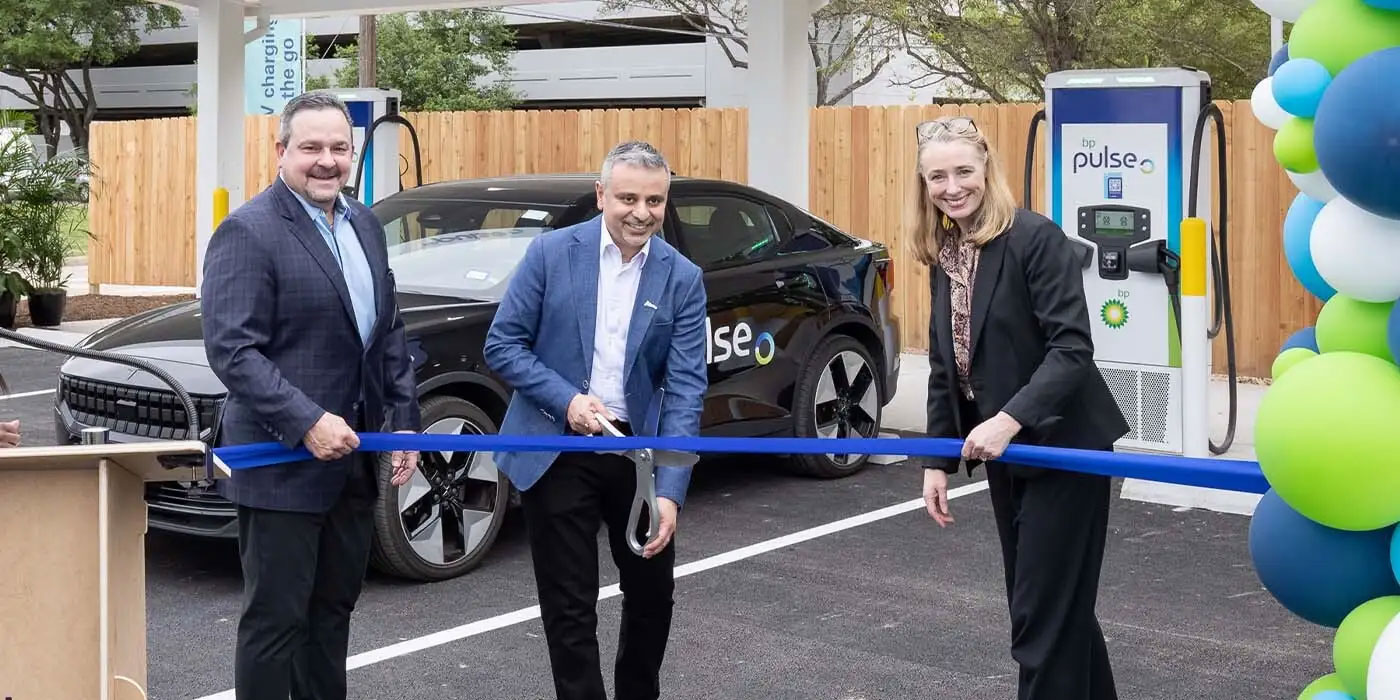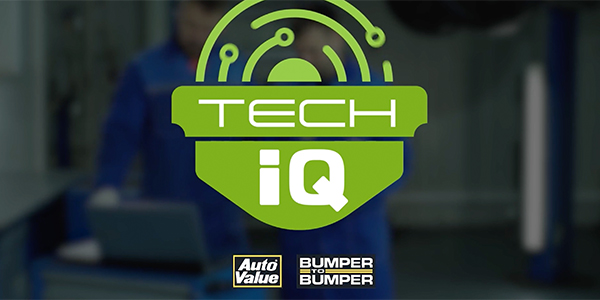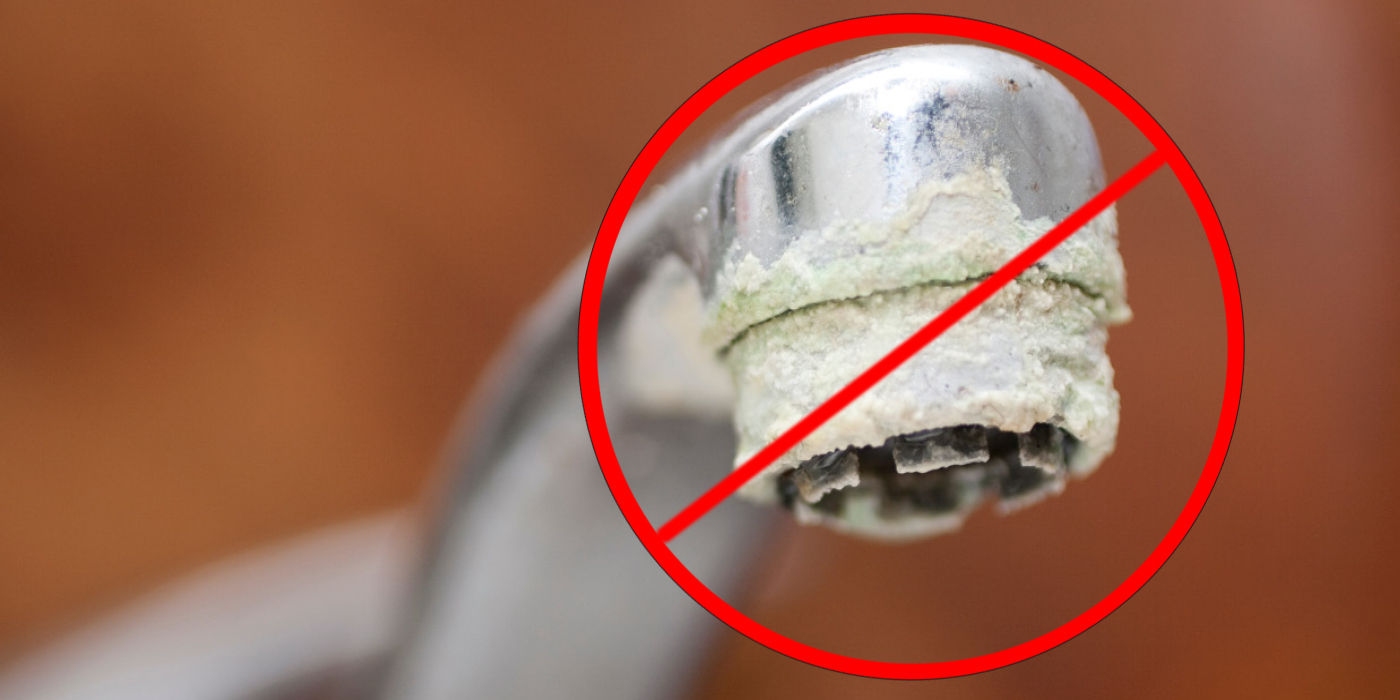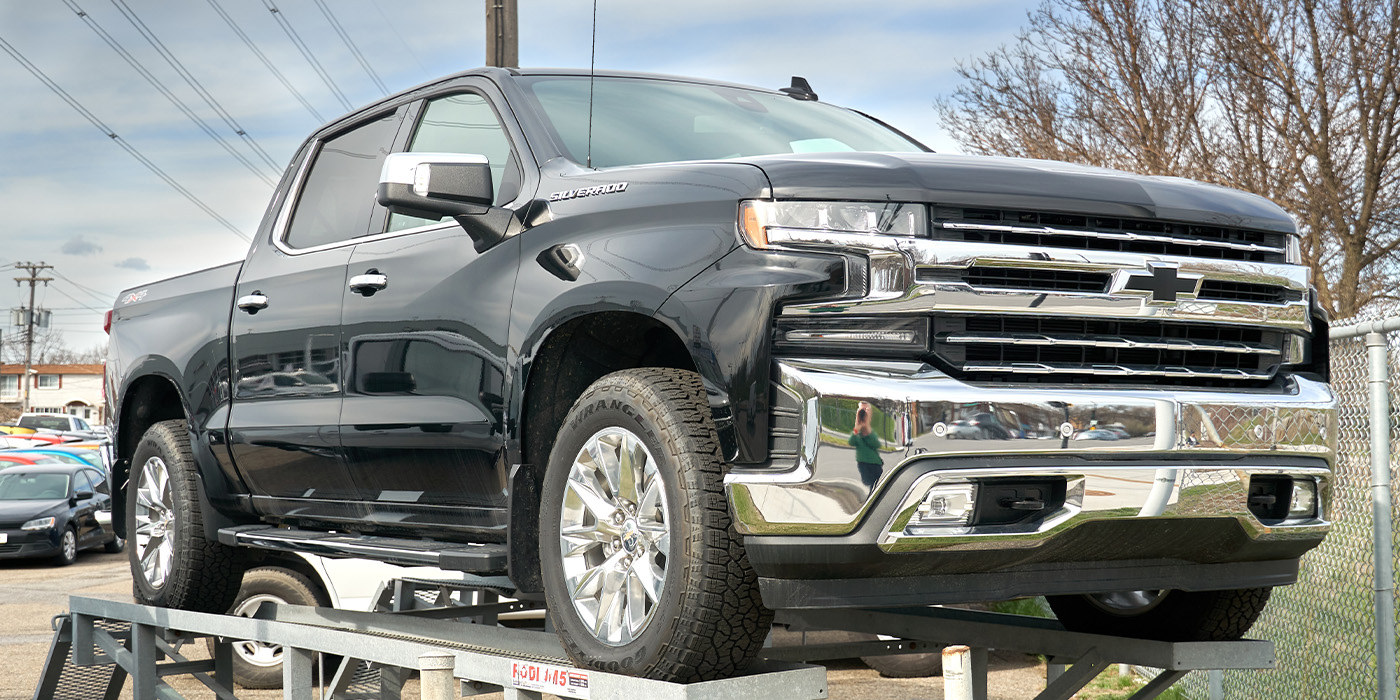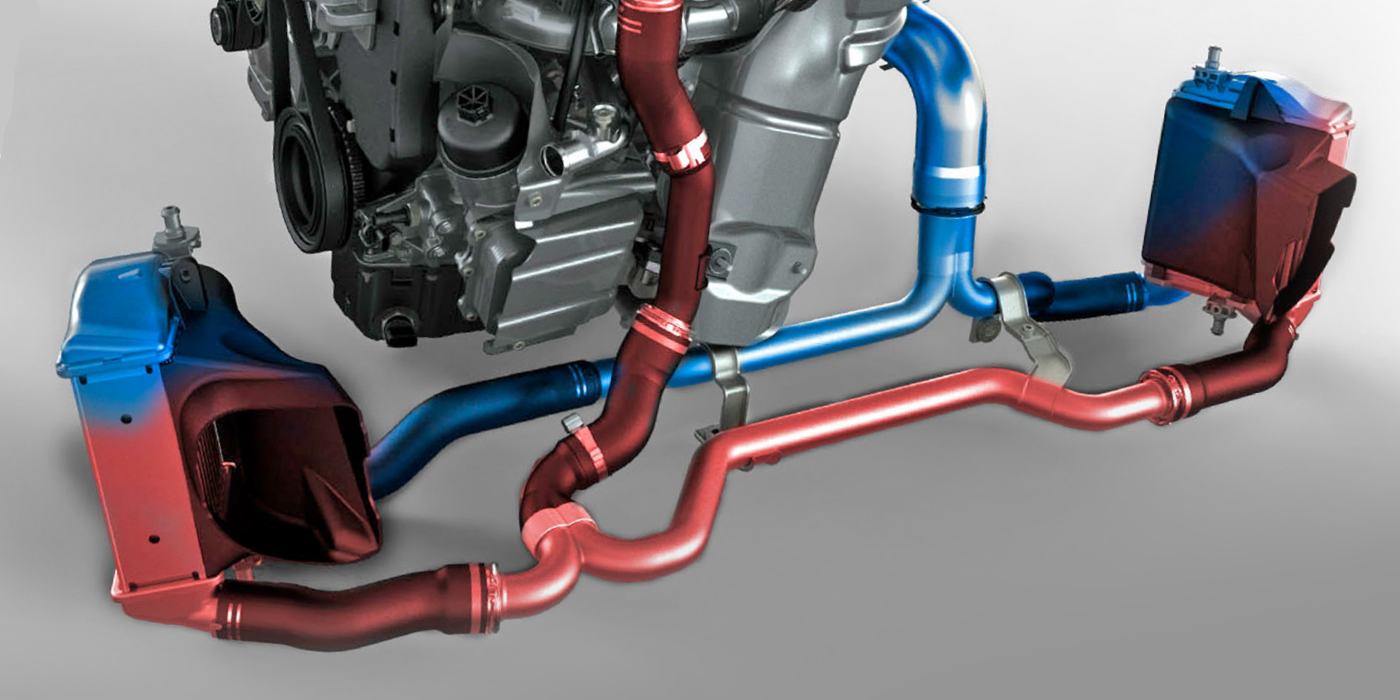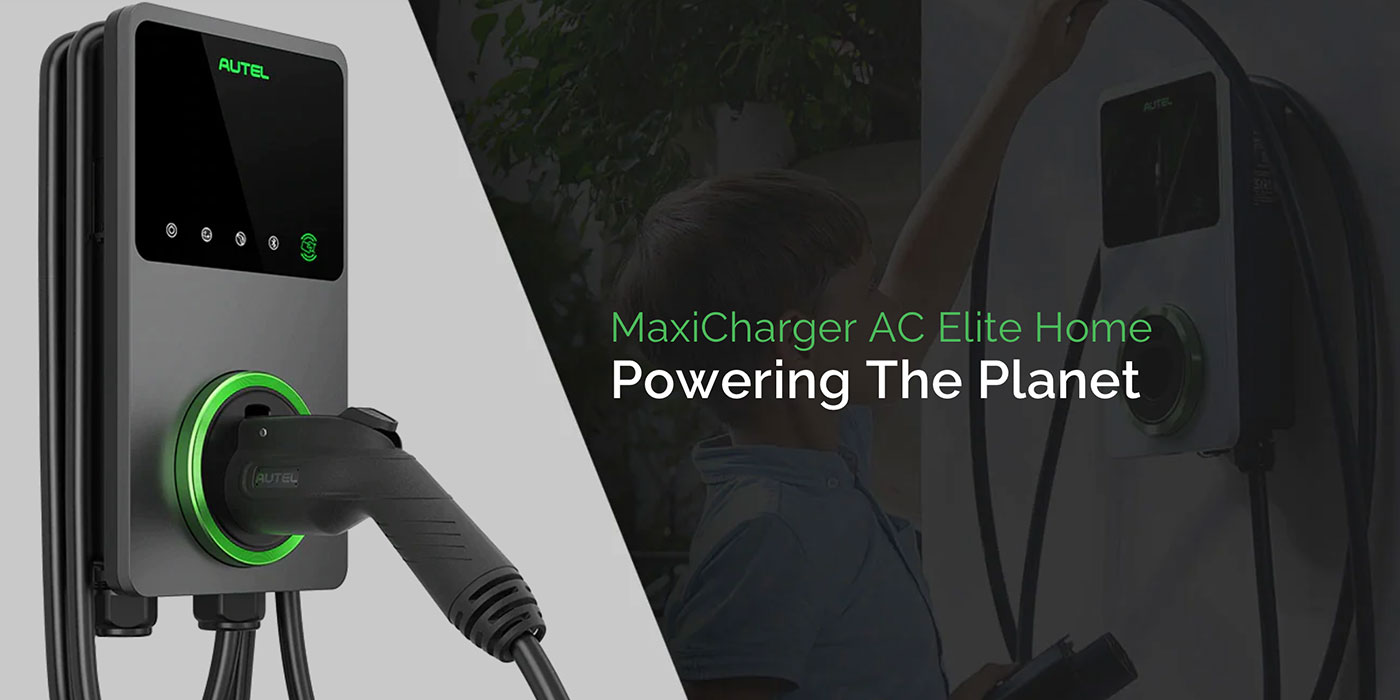By R.W. O’Gorman
The power of the Internet when combined with North America’s general trend of desiring inexpensive product has led, as we all know, to a proliferation of import companies and some distributors who are seemingly hungry to “cash in” on unsuspecting lift purchasers.
Sadly, as we have become a global community, the term “inexpensive” seems to have been translated along the way to mean “cheap” — not only in price, but also in terms of quality. Where I come from, safety and quality still go hand in hand, regardless of the country of product origin or the language spoken.
The Automotive Lift Institute (ALI) cautions the unsuspecting lift purchaser to recognize that, within the North American marketplace, a lift either fully complies with the local, state or provincial regulation(s) or the lift does not comply and therefore may not be safe for your intended use.
Consider the following real-life situation:
A consumer in a catastrophic lift failure scenario recently visited ALI’s website section titled “Frequently asked Questions” (FAQ) and thought we had written about his misfortune in buying a lift. The website of the lift distributors from which he purchased his lift stated, “Your safety is extremely important to us, and our lifts are made accordingly.” The site goes on to state “all products for sale meet or exceed B153.1990.” The FAQ section of ALI’s website clearly discloses that this standard was withdrawn seven years ago and is no longer recognized as a national standard. Had the unsuspecting purchaser visited the ALI website and performed more thorough research prior to making a purchase, he would not have been fooled. Obviously, ALI had not published this individual’s plight but rather, this story is all too common when an unsuspecting/trusting lift purchaser crosses paths with an individual or company so willing to overlook product safety.
Manufacturers demonstrating compliance to national automotive lift safety standards must certify each model to comply with ANSI/ALI ALCTV (current edition) and to UL201 when the lift is supported by electrical components. The American National Standard ANSI/ALI ALOIM (current edition) is the National Safety Standard defining the minimum safety considerations regarding automotive lift operation, inspection and maintenance.
Look for ALI’s Gold Lift Certification Mark as evidence of compliance.
In order to meet OSHA’s General Duty Clause, local code enforcement rules and provincial authority, scheduled and planned lift maintenance, and planned and documented lift operator safety training is required.
Lift safety is the responsibility of everyone working in your shop — take a proactive step and get involved!
With more than 20 years of consumer and industrial product safety experience, R.W. O’Gorman is the president of the Automotive Lift Institute. He can be reached by visiting www.autolift.org and clicking the link “contact ALI.”

